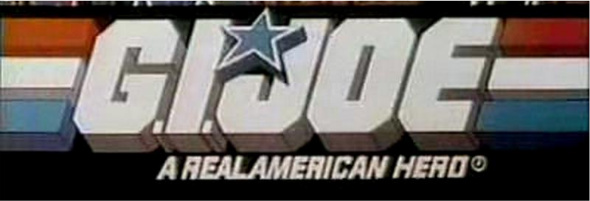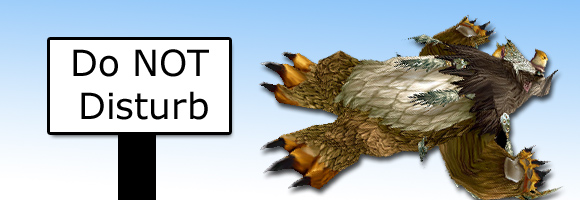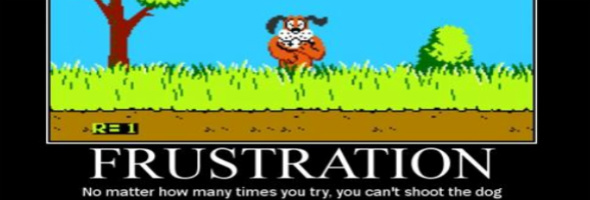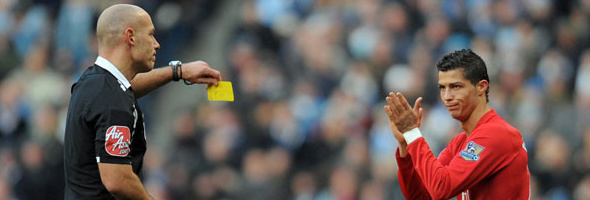It’s no secret that I’m a fan of the “Hardcore Casual” mentality. In my 3 years of playing World of Warcraft, I’ve cut my teeth against some of the best in the game (well, my server or battlegroup). I’ve seen some of the strongest players, and I’ve seen some of the weakest players. The first thing I’ve noticed is a fundemental difference between the two extremes. The strongest possess it. The weakest lack it. By “IT”, I’m talking about knowledge. Yes, there are casuals that are some of the strongest players I know. What separates them from a smattering of hardcores is their level of knowledge.
The Usual Scenario
A small guild consists of a tight-knit circle of friends. All of them have made the necessary adjustments or rolled toons to fill all the roles that a 10man raid needs. 2-3 tanks, 2-3 Healers, and a slew of DPS, both ranged and melee. When this guild gets together, there’s rarely a duplicate class, let alone spec. Each player wants to benefit the raid as much as possible. However, scheduling is always the issue.
Everyone’s got their own lives. Everyone’s constantly juggling families, kids, jobs, school, friends, and of course, this game. Each person constantly tries to get a raid together when they see that 8th or 9th person on. Phone calls fly, text messages flow, and everyone is scouring their friends list to fill the final spots. On the lucky nights, they can get together ten of their own. A certain sense of pride swells. “We got a guild run going,” they all contently utter.
The time is ticking. One of the healers works the overnight shift on the weekends. He/she has to be out the door in just over two hours. The raid gets together surprisingly fast. Even though ICC is the hot topic, they decide to do ToC since one of the paladins is saved to ICC. It doesn’t matter, because they derive more joy from the simple act that those ten raiders share the same guild tag.
Buffs ensue, and right before the pull, the off-tank druid confesses his ignorance. He doesn’t know the fight. During Acidscale and Dreadmaw, the rogue gets the Burning Bile and runs away, but doesn’t come back to free the tanks with Paralytic Toxin. This counts for two wipes. On Lord Jaraxxus, the hunter gets inflicted with Incinerate Flesh and runs to kite it, as though it was Legion Flame. He runs out of range of the healers, it ticks to zero, and wipes the raid.
We took the time to explain the fights. The differences in the Wyrms and Jaraxxus’s two flames. It seemed as though it was in one ear and out the other. Although they’re all friends, tension is rising, and time is running out. The healer with the upcoming overnight shift starts to get impatient. Before they all realize what has happened, he has to leave. They’ve barely downed Jaraxxus, and he/she is out the door to go to work.
A reasonably short raid has turned into a long, frustrating endeavour.
Things to learn as a casual player:
Take a little time to research – Even with my busy schedule, I have the time to watch a video, read a strat, or email a friend that knows. I download a text-only strategy, copy it into an email, then read it on my phone on the train to work. Before taking my lunch break, I take 10 minutes to watch a Tankspot video. I’ve even, yes, downloaded a video to my iPod and watch it while I’m on the can. (That’s right, I went there).
Listen to what’s being explained – Too often do I see people goofing off in guild chat, making random comments in /say, or participating in /general banter. I never mind if it’s someone that I’ve done the fight with before, but if a casual player is consistently not listening because they’re engaged in other activities, I have no problem calling them out on it.
My main issue with all of this is the “talk, no walk” scenario. All of these people will constantly ask, “Hey Thes, do you think we’re raiding tonight?” My constant response is: “I certainly hope so. Start reading up on the fights.” They never do. Oh, they want to raid. They salivate when the letters ‘I-C-C’ are called out. Yet, when it comes down to doing a little bit of legwork, they falter. I dont’ mind explaining the fights, but if after the explanation I hear “I’m sorry, so what am I supposed to do?” from our warlock, I wanna /logout.
Sidenote: Since drafting this blog, we’ve downed new bosses in ICC for us, so I *am* proud of my friends. I just get agitated sometimes the lack of initiative.
ANYWAYS….
If you want to make yourself valuable as as casual raider, just take an extra step or two to be prepared. If not, you’re wasting your own time. The less a raid has to “nuture” you, the more appealing you’ll be to bring along. Personally, I love that our guild, though small, is comprised mostly of people that can fill in for any guild’s raid that may need us. Kind of like hired mercenaries. Need a healer? See if Thespean or Discotheque are on. Need a tank? See if Dralo or Naryamas are around. How about a good DPS? Ask Arcas or Wolfin. That means, however, that we do our little bit of homework to make that possible. You don’t have to be hardcore, but if you know your stuff, you are just as skilled (if not more), than someone who devotes most of their time to raiding.
Are you a player that can’t be on as much as they’d like? How do you make yourself appealing to be pulled into a raid?
Email: Elder.Thespius@gmail.com | Twitter: @Thespius







